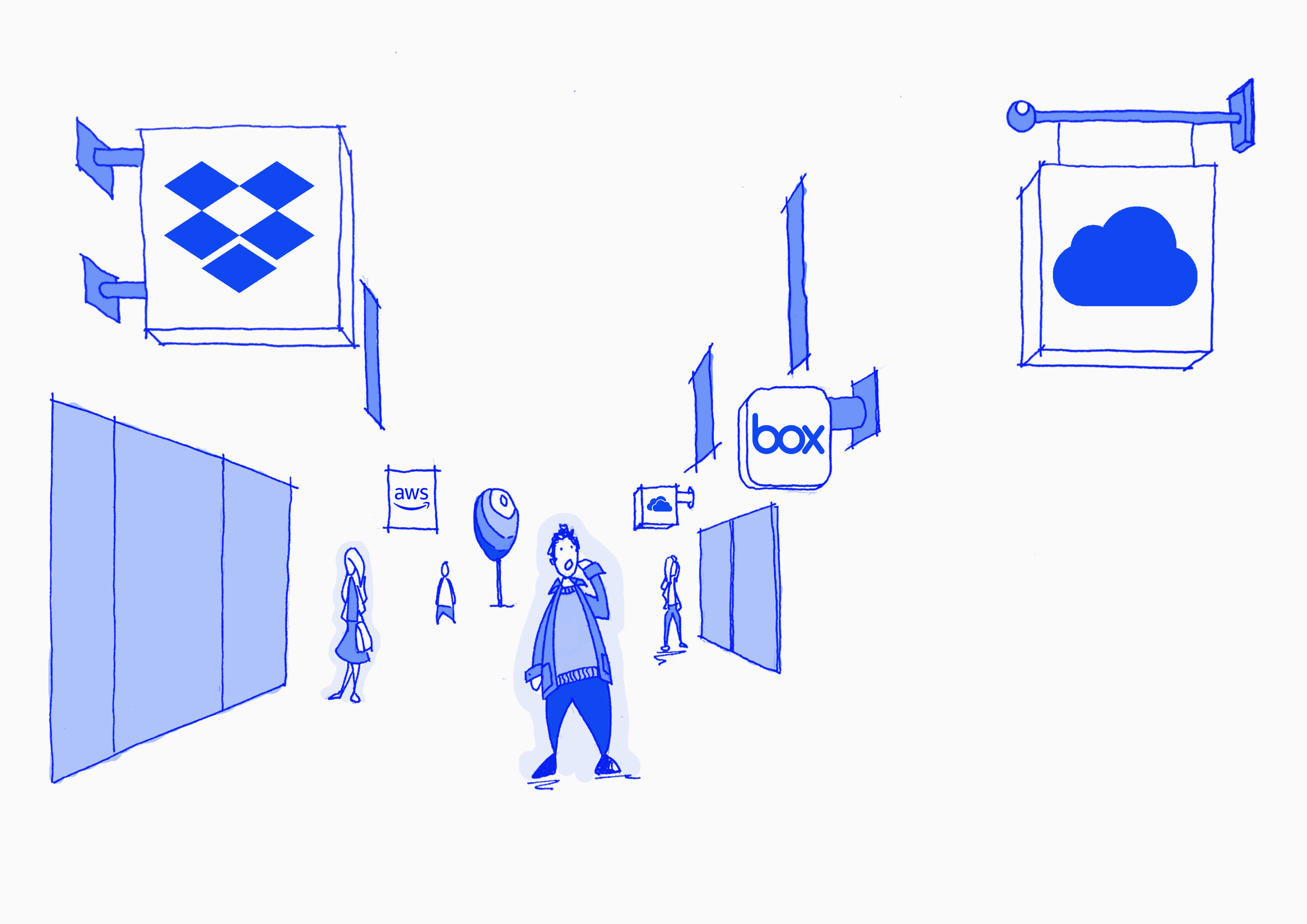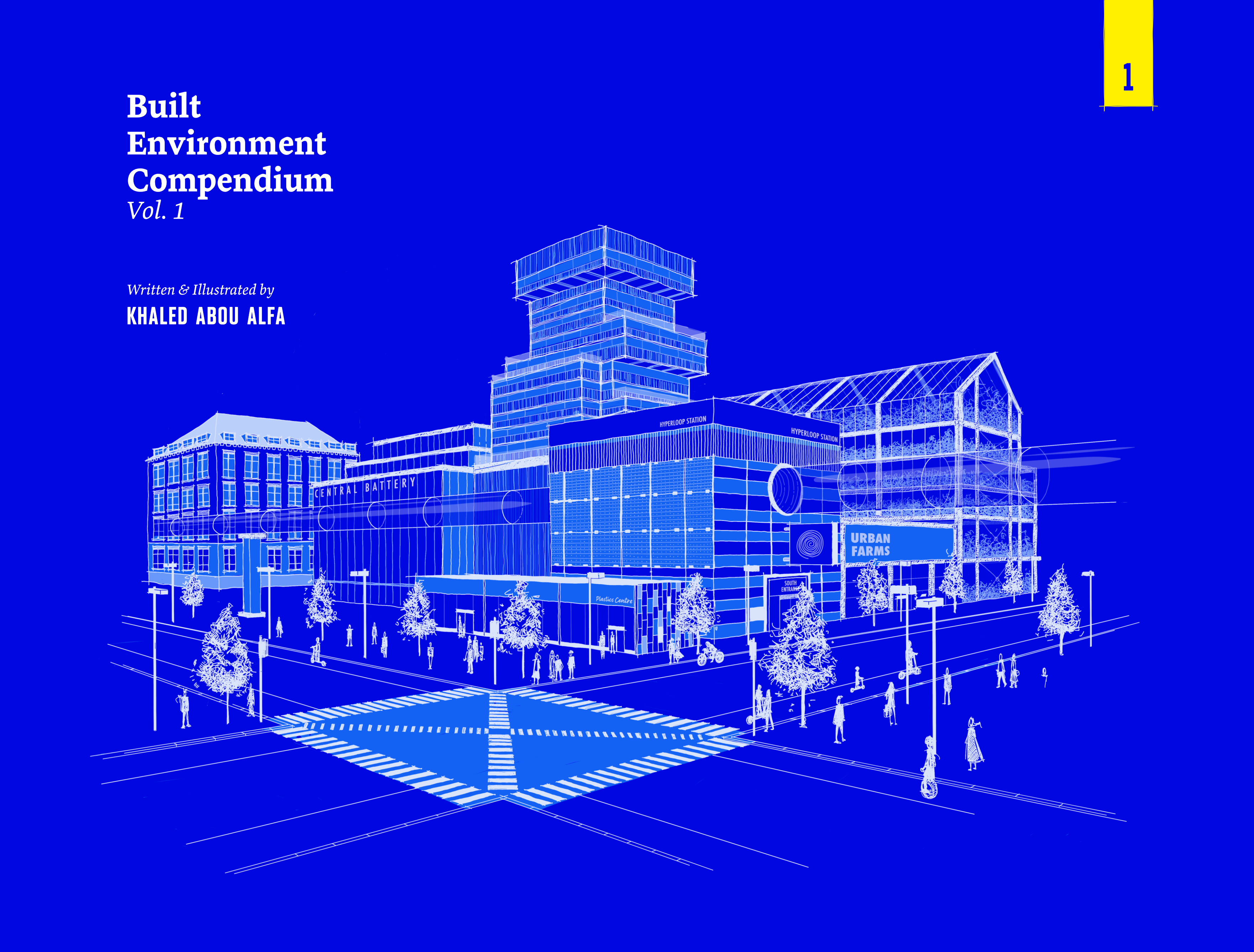
001 / The Art of Information Hoarding
By Khaled Abou Alfa • 01 February 2019
An interesting phenomenon that is common amongst both architects and engineers is our tendency (and tenacity) to hoarding information. Within the industry this practice is not only expected but encouraged. As a professional, it is your obligation to keep up to speed with the latest advances and changes. Centred around an office library, companies used this solution to distribute information. The library would blossom with catalogues, magazines, books and other paper based products.
Over time, things have evolved away from the physical and into the digital. This transition has made it possible for everyone to collect their own information. This means that the act of organising that information has now also become a personal affair. In this new world some are more successful than others.
You see there is an art to information hoarding.
The rest of this chapter can be found in the Built Environment Compendium Vol.01. Buy the book.
